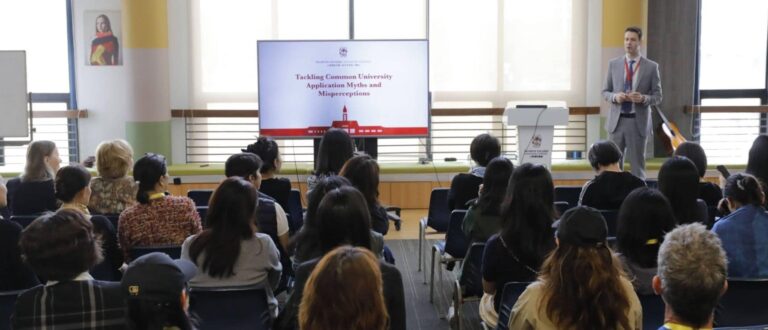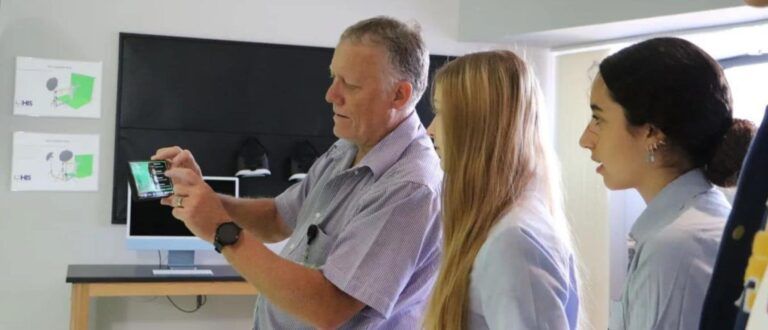Artificial Intelligence (AI) has become an integral part of our lives, transforming the way we work, communicate, and even entertain ourselves. From voice assistants like Siri and Alexa to recommendation algorithms on streaming platforms, AI technologies have revolutionized our daily routines. However, the impact of AI extends beyond convenience; it also plays a crucial role in inspiring child engagement and shaping the future of education. In this article, we will explore how AI is transforming our daily lives and its potential to inspire child engagement in education.
AI is now present in various aspects of our daily lives, often without us even realizing it. Voice assistants are a prime example, providing us with instant information and performing tasks on our behalf. Recommendation algorithms on social media platforms and online shopping websites analyze our preferences and offer personalized suggestions. AI-powered healthcare applications help diagnose and treat diseases more accurately. These advancements highlight the transformative power of AI and its ability to enhance efficiency and convenience.
In addition to its impact on daily life, AI has the potential to revolutionize education. By leveraging AI technologies, educators can create personalized learning experiences tailored to each student’s needs. Adaptive learning platforms use AI algorithms to assess students’ strengths and weaknesses, adapting the curriculum accordingly. This individualized approach fosters greater student engagement and helps maximize learning outcomes.
One of the most notable aspects of the AI revolution is its potential to inspire child engagement. AI-powered educational tools and platforms offer interactive and immersive learning experiences. Virtual reality (VR) and augmented reality (AR) applications allow students to explore historical sites, dive into scientific experiments, and engage in virtual simulations. These experiences make learning more engaging and exciting, boosting student motivation and curiosity.
AI technologies also play a crucial role in developing critical thinking skills in children. By using AI-powered tools, students learn to analyze and evaluate information, enhancing their ability to think critically. AI algorithms can present different perspectives on a given topic, challenging students to consider alternative viewpoints. This exposure to diverse ideas promotes critical thinking and helps students develop their own informed opinions.
As with any technology, the AI revolution raises ethical considerations that need to be addressed. It is essential to instill responsible AI usage in children from an early age. Educators and parents must have open conversations about the ethical implications of AI, such as privacy concerns or biases in AI algorithms. By fostering ethical awareness, we ensure that children engage with AI in a responsible and mindful manner.
The AI revolution is transforming our daily lives and inspiring child engagement in education. From personalized learning experiences to immersive virtual simulations, AI technologies offer new possibilities for student engagement and critical thinking. Nevertheless, it is important to approach AI integration with caution and address ethical considerations. By embracing AI responsibly, we can harness its potential to shape the future of education and prepare our children for an increasingly AI-driven world. As we continue to navigate this AI revolution, it is crucial to remember the importance of human guidance and support in ensuring the responsible and beneficial integration of AI into our daily lives and educational systems.







